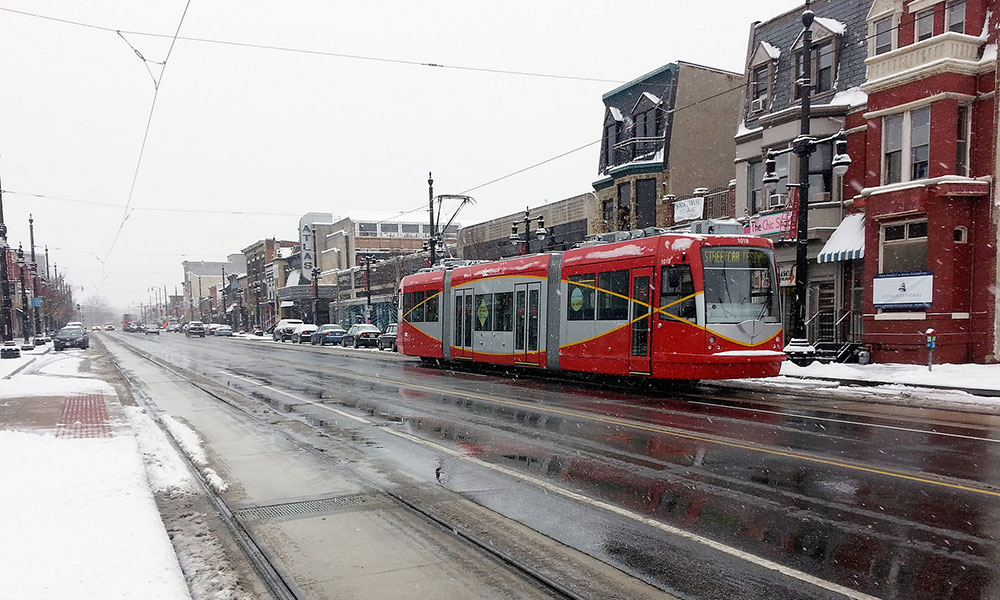
Public Transit Association Takes Good Look At Troubled DC Streetcar Project
With Washington's endlessly delayed streetcar transit project—once called the country's worst—still not carrying passengers after two years, the American Public Transportation Association will do a top-down analysis of the system to ensure it's safe and ready to run.
“When’s the streetcar gonna start running?”
For residents of Washington, DC’s Capitol Hill neighborhood, this has been the constant refrain for about two and a half years—and the wait is about to get a little bit longer.
There’s a good reason for it, however. At the request of the DC Department of Transportation, the American Public Transportation Association will review the long-delayed project to determine whether it is ready to go in its current form.
The APTA review will hold up the start of streetcar service until May at the earliest.
Test runs tests have been underway for the past six months, but setbacks have included crashes with other vehicles. (The planned system largely runs along DC’s traffic-packed H Street.)
On top of that, the project has suffered from bad buzz at a national level. Last July, Vox Executive Editor Matthew Yglesias famously called Washington’s streetcar system “the worst transit project in America.” Also not helping the cause: Nearby Arlington, Virginia, canceled its streetcar project in November.
APTA Vice President of Policy Art Guzzetti says there’s nothing wrong with the streetcar concept as a whole—but it might help to get some fresh eyes on the project in the nation’s capital.
“Streetcars are very safe. You do have to have the right protocols in place, but that is why the experts are coming to town to kick problems around and say, ‘Hey, we face this this situation and we had a way of dealing with it,’” Guzzetti told DC’s WJLA-TV on Wednesday.
APTA does about 25 to 30 reviews of transit systems each year, and they’re often seen as a final step before launch, according to a report by local public radio station WAMU.
“This activity is not uncommon both here in the U.S. and outside the U.S.,” Greg Hull, APTA’s vice president for public safety, operations, and technical service, told WAMU. “We are often asked to bring together people in the industry before a system goes into revenue service.”
APTA’s review is expected to take five to seven weeks.
(Beyond DC/Flickr)






Comments